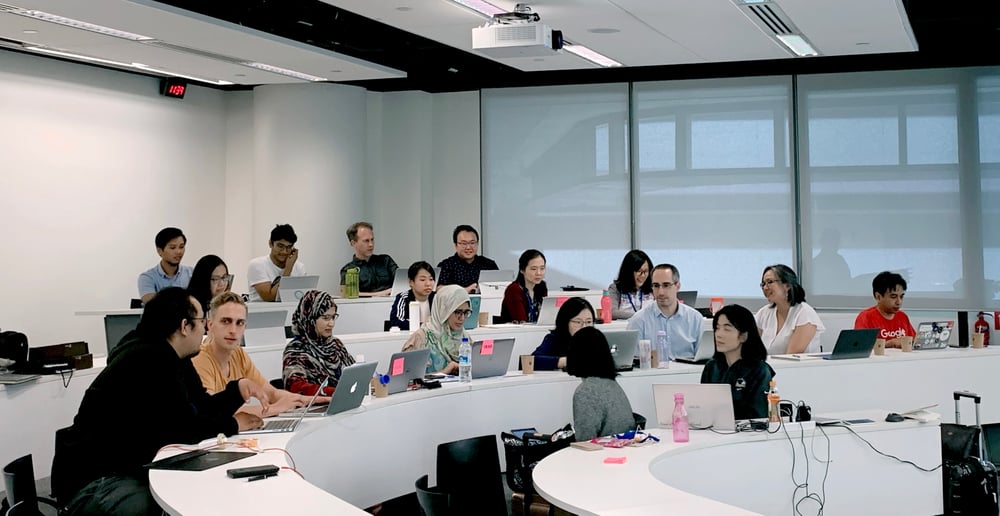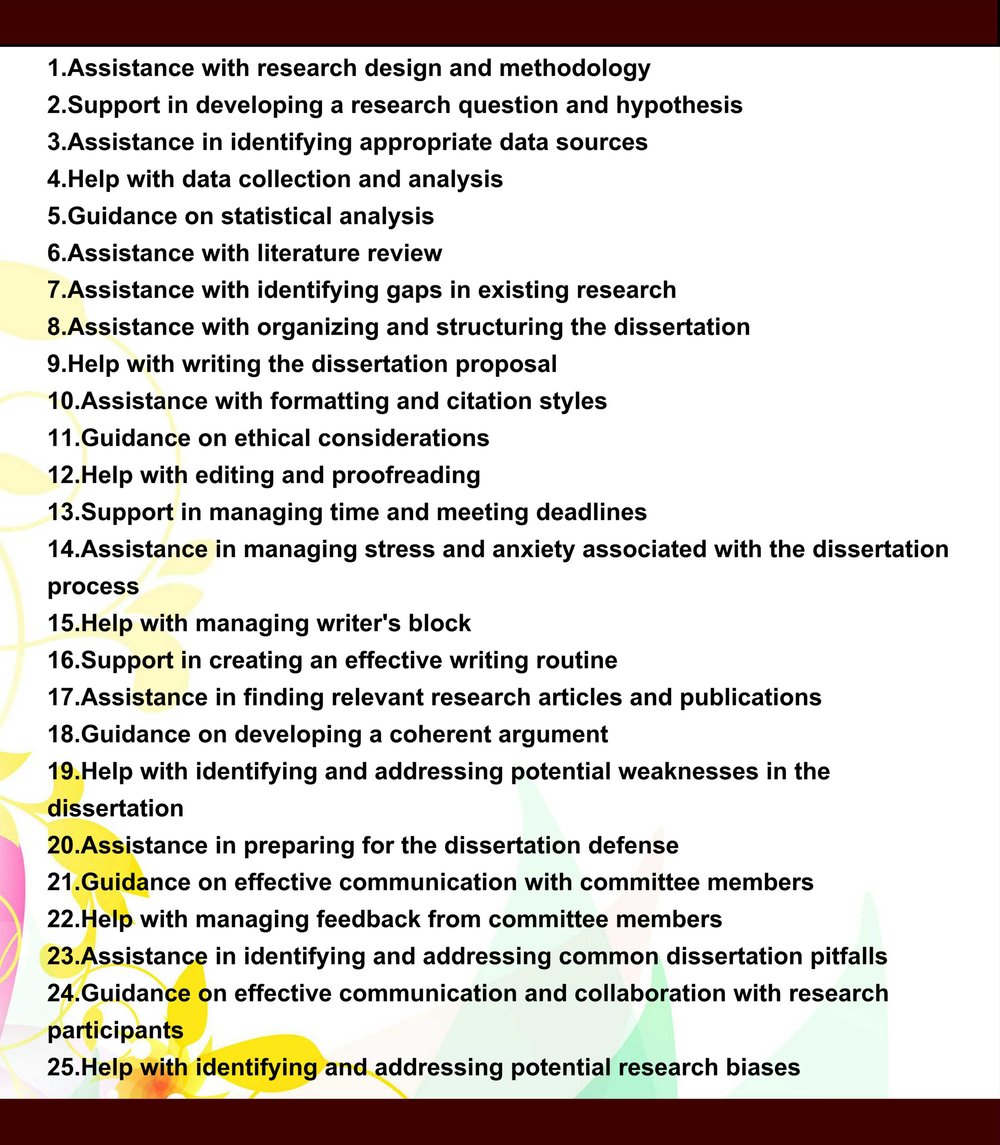
Photo by Yan Krukau on Pexels
As an international student in the UK, securing a job after graduation can be a daunting prospect. According to a recent survey, around 50% of international graduates from UK universities were unable to secure a job within six months of graduation. However, by aligning their dissertation topics with the UK skills gap areas, international students can increase their chances of landing a job in the UK immediately after graduation.
The UK government has identified a number of skill gaps in the labor market that need to be addressed. These include technical and digital skills, healthcare, science, engineering, and other specialist areas. By conducting thorough research into these skills gaps, international students can tailor their dissertation topics to address these gaps and contribute to the UK economy. For example, if a student is studying engineering, they could focus on developing new technologies that could improve the UK’s infrastructure or manufacturing sector.

Photo by Naassom Azevedo on Unsplash
In addition to aligning their dissertation topics with the skills gap areas, international students can gain practical experience through internships, work placements, or volunteer work. Practical experience can provide valuable insights into the UK job market and help students develop the skills and knowledge that employers are looking for. This can be particularly useful for international students who may not have previous work experience in the UK. Networking is also a crucial aspect of securing a job in the UK after graduation. Attending industry events, joining professional associations, and connecting with professionals in their chosen field can help international students build relationships and learn about job opportunities. It is important for international students to be proactive in building their professional networks and making the most of their time in the UK.
Also, international students should be aware of the visa requirements for working in the UK after graduation. The UK government has introduced the Graduate Route, which allows international graduates to stay in the UK for up to two years after graduation to work or look for work. International students should make sure they are familiar with the requirements for the graduate route and plan accordingly. Along the same lines, international students who want to secure a job in the UK immediately after graduation need to align their dissertation topics with the UK skills gap areas, gain practical experience, network with professionals in their chosen field, and be aware of the visa requirements for working in the UK. By following the aforementioned steps, international students can become highly relevant for the UK job market and build a successful career in the country.

Photo by Christina @ wocintechchat.com on Unsplash
The following are 15 strategic ideas for international students to enhance their chances of securing a permanent job in the UK immediately after their graduation
1. Research the current UK skills gap areas
International students can start by researching the current skill-gap areas in the UK. They can refer to reports and studies such as the UKCES Employer Skills Survey, which identifies the areas with the most significant skills gaps.
2. Select a dissertation topic related to the skills gap
Once international students have identified the areas with the most significant skill-gaps, they can select a dissertation topic related to that field.
3. Network with professionals in the field
International students can attend events and seminars related to the field they are interested in and network with professionals in the industry.
4. Seek advice from career services
International students can seek advice from their university’s career services, which can provide guidance on the skills and qualifications required to secure a job in a particular field.
5. Participate in internships and work placements
International students can gain valuable work experience by participating in internships and work placements related to their dissertation topic.
6. Join professional organizations
International students can join professional organizations related to their field, which can provide networking opportunities and access to job postings.
7. Attend career fairs
International students can attend career fairs to meet potential employers and learn about job opportunities.
8. Develop skills in demand
International students can develop skills in demand in the UK job market by taking additional courses or training programs, such as coding or data analysis.
9. Customize resumes and cover letters
International students should customize their resumes and cover letters to highlight their relevant skills and experience in the field.
10. Use job search engines
International students can use job search engines such as Indeed or LinkedIn to find job opportunities related to their dissertation topic.
11. Build a strong online presence
International students can build a strong online presence by creating a professional LinkedIn profile and showcasing their work and projects on a personal website or portfolio.
12. Attend job interviews prepared
International students should prepare for job interviews by researching the company and practicing their responses to common interview questions.
13. Consider graduate schemes
International students can consider graduate schemes, which are training programs offered by employers to recent graduates, to gain entry-level experience in their field.
14. Be open to relocation
International students should be open to relocating within the UK to increase their chances of securing a job in their field.
15. Stay positive and persistent
International students should stay positive and persistent in their job search, even if they face rejections. With determination and perseverance, they can secure a permanent job in the UK.
Choosing a dissertation topic that aligns with the UK skills gap can potentially help international students in the UK secure a permanent job after graduation to a significant extent. This is because employers in the UK are often looking for candidates with the specific skills and knowledge that are in high demand in the job market. If a student’s dissertation research focuses on a topic that is relevant to the UK skills gap, they may have a competitive advantage when applying for jobs in that particular field.
Furthermore, conducting research on a topic related to the UK skills gap can help international students develop expertise in a specialized area, which could make them more attractive to employers looking for candidates with specific knowledge and skills. This expertise can also be highlighted on a student’s resume and during job interviews, demonstrating their knowledge and dedication to their field of study.
However, it is important to note that choosing a dissertation topic that aligns with the UK skills gap is not a guarantee of securing a permanent job after graduation. Other factors, such as work experience, networking, and communication skills, are also crucial in securing employment in the UK.

Photo by CX Insight on Unsplash
Here are a few possible long-term benefits of aligning a dissertation topic with the UK skills gap:
1. Improved employability
One of the primary benefits of aligning dissertation topics with the UK skills gap is that it can improve the employability of international students. By choosing a dissertation topic that aligns with the skills and knowledge gaps in the UK job market, international students may be able to develop a more specialized skill set that is in demand by employers. This could help them stand out from other job applicants and increase their chances of securing a permanent job after graduation.
2. Increased competitiveness
In addition to improving their own employability, international students who choose dissertation topics that align with the UK skills gap may also help to improve the competitiveness of the UK job market as a whole. By focusing their research on areas that are in high demand, they can help bridge the gap between the skills that employers need and the skills that job candidates have. This could lead to a more efficient and effective job market where employers are better able to find the skilled workers they need to grow their businesses.
3. Enhanced research skills
Conducting research on a dissertation topic that aligns with the UK skills gap can also help to develop international students’ research skills, which are highly valued by employers. Through their research, international students may gain experience in data analysis, critical thinking, and problem-solving, all of which are important skills in the workplace.
4. Increased collaboration
Finally, the study on aligning dissertation topics with the UK skills gap could lead to increased collaboration between international students and UK employers. As international students conduct research on topics that are relevant to the UK job market, they may have the opportunity to work with employers to identify specific skills-gaps and develop strategies for addressing them. This could lead to closer relationships between international students and UK employers, which could benefit both parties in the long run.
Here are some compelling reasons why you should consider hiring a research assistant:

In conclusion, hiring a research assistant can be a game-changer in your dissertation writing journey. From offering expert research methodologies to ensuring quality assurance, a research assistant can be the support you need to achieve academic success. Most importantly, the research assistant can guide international students in approaching their dissertation research outcomes in such a way to align with either the UK skills gap or their future career dreams.
Are you an international student pursuing your dissertation in the United Kingdom? Need guidance, support, or answers to your dissertation-related questions? Look no further!
Join the “Dissertation Questions and Answers WhatsApp Group for International Students in the UK” for free research writing guidance and counseling. The WhatsApp group was specifically created to provide a platform for international students to connect, share knowledge, and find solutions to their dissertation and career-related challenges. Look forward to welcoming you into the group with a free copy of the eBook on “Dissertation Writing for International Students: Chapter by Chapter Guideline with Examples”.
About the Author

Emmanuel has over 20 years of experience as a freelance research writer, project manager, and business development professional. He has a strong background in delivering high-quality research-based content across various industries. His writing style is versatile, allowing him to adapt to different subjects and formats, including academic papers, market research reports, and business proposals. You can find inspiring educational and career resources in areas like career readiness, dissertation writing, employability skills, global entrepreneurship, and much more on his blog site.
References
- Archer, W., Jones, E., & Davison, J. (2010). A UK guide to enhancing the international student experience. London, England: UK HE International Unit.
- Arthur, N., & Nunes, S. (2014). Should I stay or should I go home? Career guidance with international students. Handbook of career development: International perspectives, 587-606.
- Beech, S. E. (2018). Adapting to change in the higher education system: International student mobility as a migration industry. Journal of Ethnic and Migration Studies, 44(4), 610-625.
- Bepple, N. (2014). International students strategies to obtain career-related work in Canada after graduation (Doctoral dissertation, University of British Columbia).
- Gopal, A. (2016). Visa and immigration trends: A comparative examination of international student mobility in Canada, Australia, the United Kingdom, and the United States. Strategic Enrollment Management Quarterly, 4(3), 130-141.
- Huang, R., & Turner, R. (2018). International experience, universities support and graduate employability–perceptions of Chinese international students studying in UK universities. Journal of Education and Work, 31(2), 175-189.
- López-Duarte, C., Maley, J. F., & Vidal-Suárez, M. M. (2021). Main challenges to international student mobility in the European arena. Scientometrics, 126(11), 8957-8980.
- Marginson, S., Nyland, C., Sawir, E., & Forbes-Mewett, H. (2010). International student security. Cambridge University Press.
- Pásztor, A. (2015). Careers on the move: International doctoral students at an elite British university. Population, Space and Place, 21(8), 832-842.
- Pustelnikovaite, T. (2021). Locked out, locked in and stuck: exploring migrant academics’ experiences of moving to the UK. Higher Education, 82(4), 783-797.


